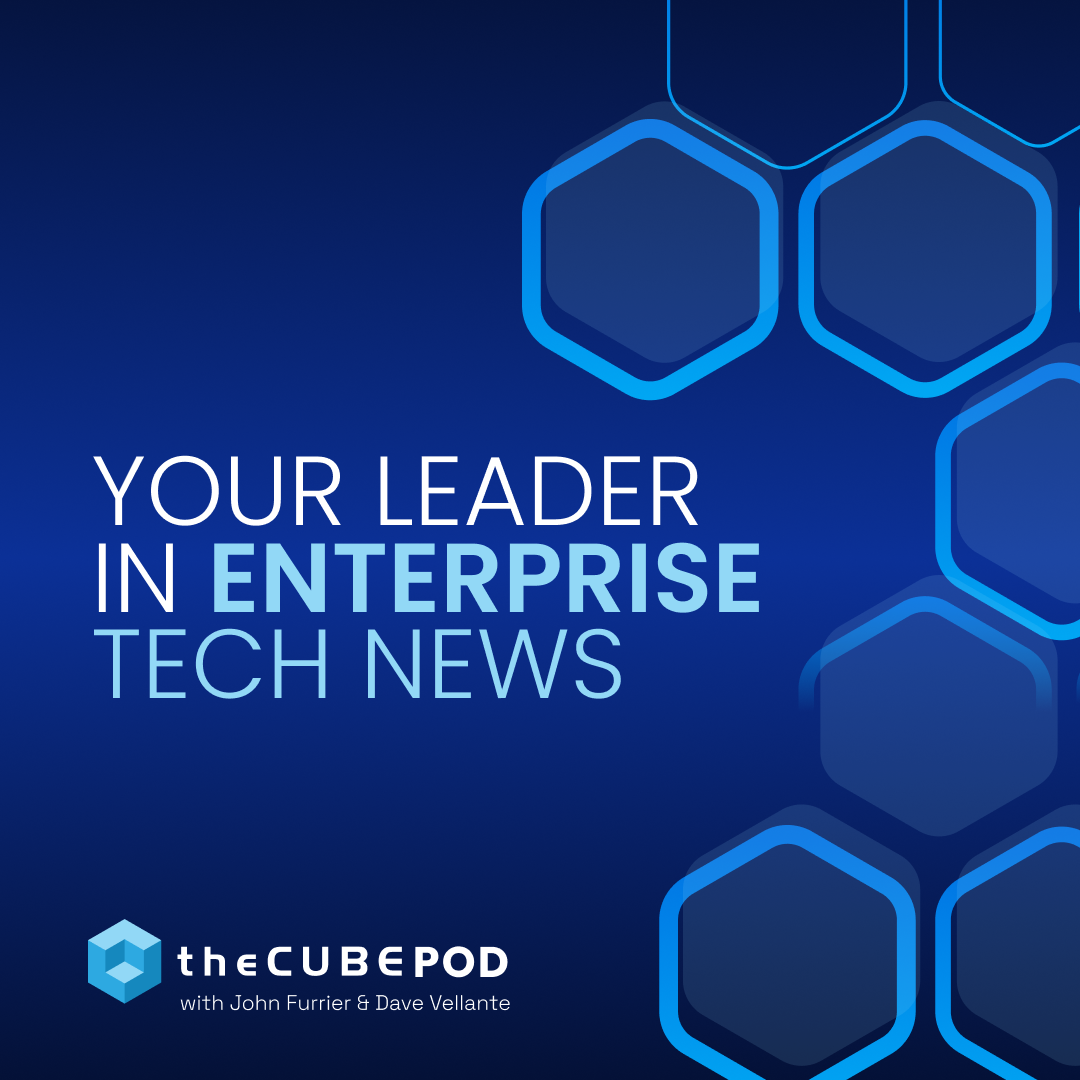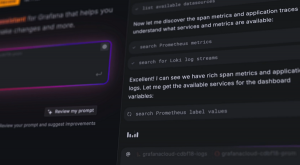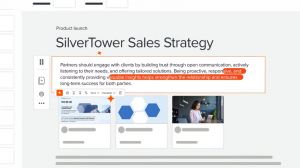Facebook fleshes out its PyTorch AI framework along with new cloud partners
Facebook Inc. today launched a developer preview of its long-awaited PyTorch artificial intelligence software framework, which helps accelerate the deployment of AI-based applications.
Announced in May, PyTorch was created by Facebook’s AI research group as a machine learning library of functions for the programming language Python. It’s primarily designed for use with deep learning, which is a branch of machine learning that attempts to emulate the way the human brain functions, and has led to major breakthroughs in areas such as language translation, image and voice recognition.
PyTorch is supposed to help speed up the development of these kinds of AI capabilities, and has previously been used to build more realistic avatars for Facebook’s Oculus virtual reality headset. Researchers at UC Berkeley have also used PyTorch to speed up their work on image-to-image transformation, for example.
PyTorch works by combining the “modular production-oriented capabilities” of the Caffe2 AI framework (also built by Facebook) with the deep learning model standard Open Neural Network Exchange, which was developed by Facebook alongside Amazon.com Inc. and Microsoft Corp. PyTorch adds a “flexible, research-oriented design” approach that allows developers to work faster and pave the way to production deployment.
Alternatives to PyTorch include Google LLC’s TensorFlow, Amazon Web Services Inc.’s MXNet and the CNTK framework developed by Microsoft Research and others. But developers generally realize that each of those AI frameworks has its own strengths and weaknesses, so the decision of which one to use will often depend on the capabilities of the applications they’re trying to build.
With the developer preview release of PyTorch 1.0, Facebook said, new features have been added in the form of a hybrid front end that enables “tracing and scripting models from eager mode into graph mode,” something that helps “bridge the gap” between experimentation and deployment. There’s also a revamped torch.distributed library that speeds up deep learning training in Python and C++ environments, Facebook AI product manager Joe Spisak wrote in a blog post.
The real news, however, has more to do with PyTorch’s growing ecosystem, which is being spurred on by its rapid adoption in the developer community.
Notably, all three major U.S. public cloud providers are supporting the project in a variety of ways. AWS’s SageMaker platform for training and deploying machine learning models now supports “preconfigured environments for PyTorch, for example. Meanwhile, Google is providing a new virtual machine image with PyTorch 1.0 for its Deep Learning VM service, and will also support the framework with Nvidia Corp. graphics processing units and cloud-based tensor processing units, which are hardware designed to speed up AI workloads. Then there’s Microsoft, which is adding support for PyTorch on a number of its cloud services, including Azure Machine Learning, Azure Notebooks and Visual Studio Code.
Separately, Facebook has also worked closely with hardware makers, including Nvidia, ARM Ltd., IBM Corp., Intel Corp. and Qualcomm Inc., to ensure support for the PyTorch framework across various computer chips and accelerators.
“This extra support ensures that PyTorch developers can run models across a broad array of hardware, optimized for training and inference, for both data center and edge devices,” Spisak said.
Analyst Holger Mueller of Constellation Research Inc. said that when it comes to AI development, the race for the hearts and minds of developers is already in full swing.
“While PyTorch has had a relatively late start it does have big endorsements from all of the key industry players, which on paper makes it a great platform for building the AI aspect of next-generation applications,” Mueller said.
Facebook said the PyTorch 1.0 developer preview can be download directly here, or accessed through one of its cloud partners.
Image: Facebook
A message from John Furrier, co-founder of SiliconANGLE:
Support our mission to keep content open and free by engaging with theCUBE community. Join theCUBE’s Alumni Trust Network, where technology leaders connect, share intelligence and create opportunities.
- 15M+ viewers of theCUBE videos, powering conversations across AI, cloud, cybersecurity and more
- 11.4k+ theCUBE alumni — Connect with more than 11,400 tech and business leaders shaping the future through a unique trusted-based network.
Founded by tech visionaries John Furrier and Dave Vellante, SiliconANGLE Media has built a dynamic ecosystem of industry-leading digital media brands that reach 15+ million elite tech professionals. Our new proprietary theCUBE AI Video Cloud is breaking ground in audience interaction, leveraging theCUBEai.com neural network to help technology companies make data-driven decisions and stay at the forefront of industry conversations.











